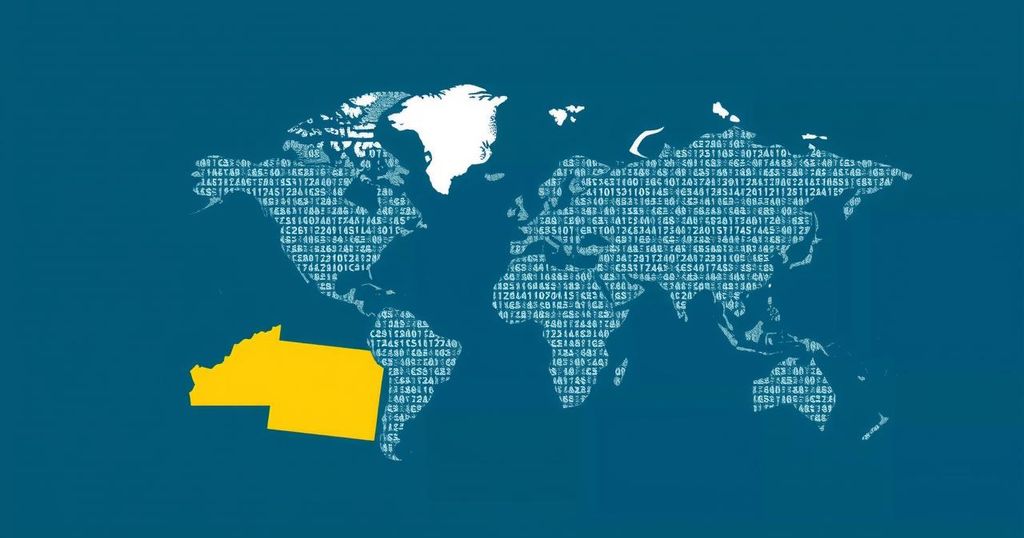Climate change
ANTONIO, ANTONIO GUTERRES, ASIA, ASIA SOCIETY, AZERBAIJAN, BAKU, BRAZIL, CHINA CLIMATE HUB, CLIMATE CHANGE, CLIMATE JUSTICE, DANIEL LUND, ENVIRONMENTAL POLICY, GEOPOLITICS, GLOBAL WARMING, JUAN CARLOS MONTERREY GOMEZ, NORTH AMERICA, PANAMA, PARIS AGREEMENT, SOUTH AMERICA, U. N, UN, WEALT
Leila Ramsay
0 Comments
COP29 Climate Summit Draft Demands $250 Billion Annually from Developed Nations
The COP29 climate summit has proposed that developed nations contribute $250 billion per year by 2035 to aid poorer nations in addressing climate change, a plan met with criticism for being inadequate. Ongoing discussions hint at a broader aim of securing $1.3 trillion annually in climate finance, with concerns regarding balancing government and private sector pledges. UN Secretary-General Guterres urged for urgency in reaching an agreement as tensions run high among negotiating parties.
The COP29 climate summit presidency has introduced a draft finance proposal urging developed nations to contribute $250 billion annually by 2035 to assist poorer nations in combating climate change. This proposal, however, has faced backlash from various parties at the summit, highlighted by stark disagreements between affluent and developing countries. Critics, including Juan Carlos Monterrey Gomez from Panama, have condemned the proposed amount as inadequate, asserting that it reflects a disregard for the urgency of global climate challenges.
During the conference in Baku, Azerbaijan, the need for a comprehensive funding strategy became evident, especially as a broader goal of raising $1.3 trillion each year by 2035 was discussed, encompassing both public and private contributions. Still, apprehensions linger about the viability of such financing, particularly the challenge of reconciling government commitments with private sector involvement. This summit marks a critical juncture in international climate negotiations, where each participant’s contribution holds significant implications for future environmental strategies.
UN Secretary-General Antonio Guterres emphasized the urgency of reaching an agreement, stating that “failure is not an option.” As discussions continue, stakeholders express concern about the inadequacy of the proposed funding levels, viewing it as insufficient relative to the pressing needs identified by experts and advocates alike. The conference is set to conclude soon, yet historical precedents suggest that negotiations may extend beyond the expected timeframe.
The ongoing COP29 climate summit in Baku, Azerbaijan, serves as a pivotal platform for nations to negotiate climate action funding, with emphasis on financial support toward developing countries. Current proposals suggest significant fiscal commitments from developed nations to alleviate the effects of climate change, which continues to disproportionately impact lower-income nations. The summit reflects a critical point in addressing global climate disparities and the divergent interests of participating governments, amidst calls for substantial monetary commitments aligned with rising environmental crises.
In conclusion, the COP29 climate summit’s draft proposal for $250 billion annually from developed nations has ignited intense debate and criticism over its perceived insufficiency amidst a climate emergency. The proposed goals to achieve broader fundraising targets and the challenges in bridging contributions from both public and private sectors illustrate the complexity of international climate negotiations. As leaders push for significant progress, the outcome of this summit remains crucial for the future of global climate financing.
Original Source: stratnewsglobal.com




Post Comment